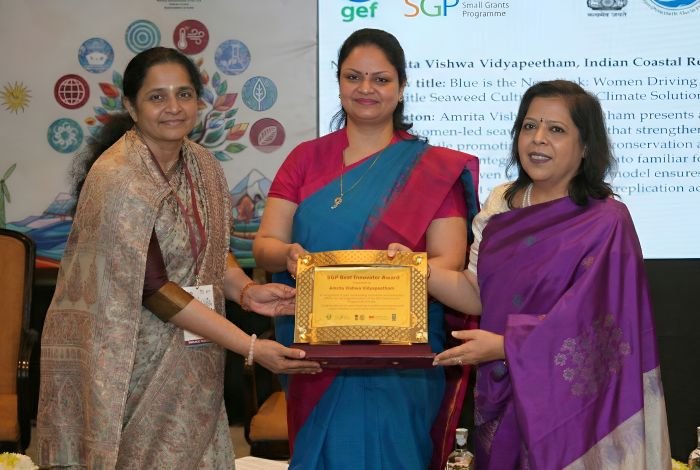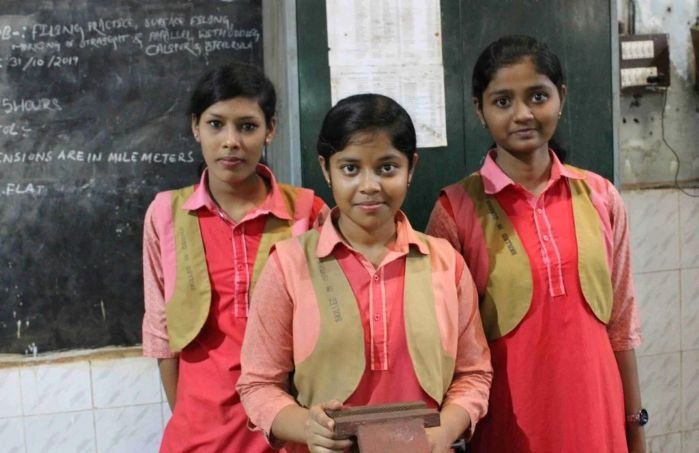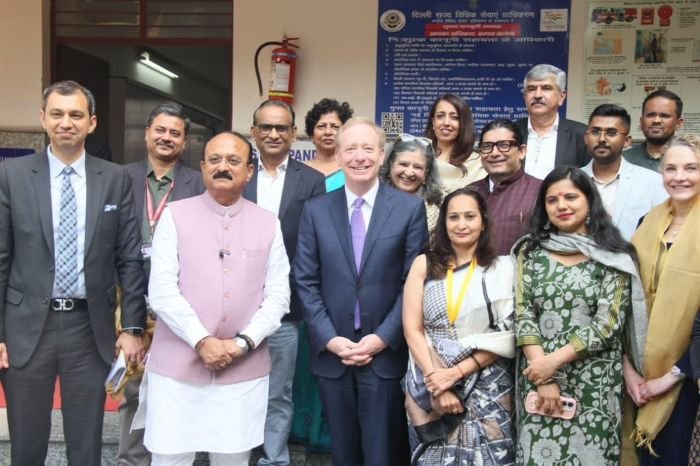In a survey conducted by the IC3 Institute on 2,252 high school students from India and Nepal, 83 percent said that they remain optimistic about the future despite the current challenges being faced by the postsecondary education system as well as industries due to COVID-19.
Conducted by the IC3 Institute from June-July 2020, the Student Quest survey focused on 2,252 high school students from India and Nepal, with 80 percent of the population surveyed comprising of Indian students. Capturing the student perspective during the height of the pandemic and at a critical moment in time, the survey asked key questions about the impact of COVID-19 on students’ current and future plans; the decisions students are making about their higher education options; how prepared they feel for the future world of work; and whether schools are enabling students to develop key 21st-century skills.
Indian and Nepalese students’ desire to pursue a college education prevails despite the pandemic, with few opting for a gap year. Despite current geo-political conflicts as well as perceptions of a less-welcoming stance towards international students, the U.S. still remains a top choice for students as a destination for higher education, with two-thirds of all students selecting it as a top destination (75 percent), followed by the U.K. (67 percent), Canada (64 percent), Australia (41 percent), and Singapore (32 percent). When it comes to students’ motivations for studying abroad in the first place, students are driven more by the “pull” factors or the appeal of key destinations rather than “push” factors at home that force them to seek opportunities overseas. Students are most drawn by the quality of education abroad, and most deterred by concerns about personal safety and unfavorable immigration policies.
As students prepare for the world of work, the survey finds that while parents continue to play a role in decision-making, media is also a key influencer. In addition, students are more motivated by their passion for and interest in a career and their sense of fulfillment rather than by salary alone. The survey also reveals that while students find career counseling and guidance to be valuable, the amount of counseling in schools in inadequate as is the intensity of this counseling by grade level.
Dr. Rajika Bhandari, President & CEO of the IC3 Institute, says, “At a time when India has just released its first new National Education Policy in 34 years that emphasizes the school-to-work transition and the importance of aligning academics with career and vocational training, the findings of our survey offer a window into whether the large number of Indian and Nepalese youth are prepared for their educational and professional futures, especially when both college and careers have been disrupted by COVID-19.”
The survey also finds that students have been resilient in the face of the disruptions caused by COVID-19 and are eager to return to the way things were prior to the pandemic: 72 percent disagreed that online education would be a good substitute for in-person teaching and learning, at a time when there has been much discussion within the secondary and postsecondary sectors that the pandemic could potentially displace a traditional in-person learning environment with a virtual one. At the same time, students recognize the need for adaptability during this volatile period and are focusing on skills development and online education to better prepare themselves for future college applications.
The findings of the Student Quest survey are particularly relevant for schools to assess how well they are preparing their students for future education and careers; for colleges and universities, to guide their understanding of student demand and thus inform student outreach, recruitment, and admissions practices; for employers and industry, to know how schools are preparing the future workforce and how to better partner with schools so that students develop the sorts of skills that future employers will need; and for governments, to understand whether their education systems are adequately preparing their future workforce and talent pool, and the gaps that exist between the two.








